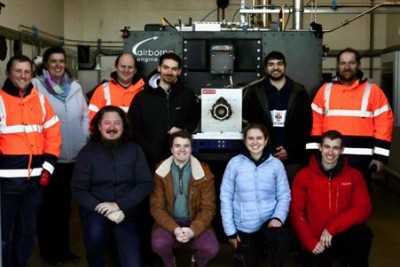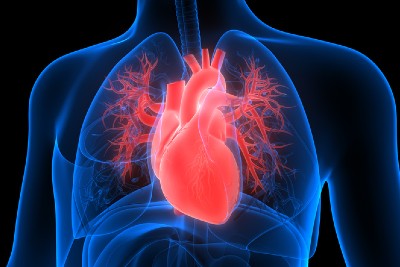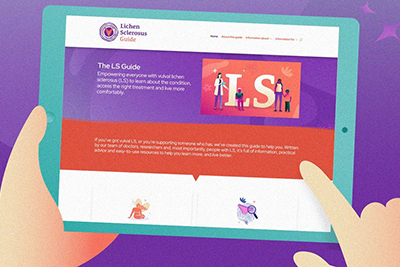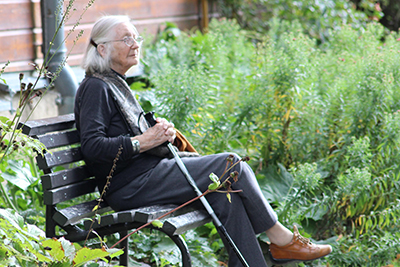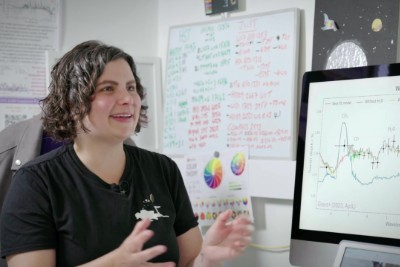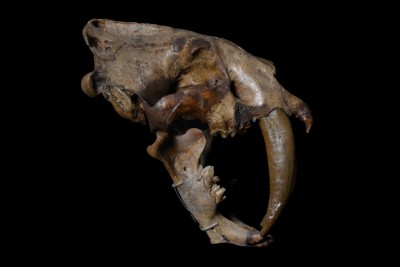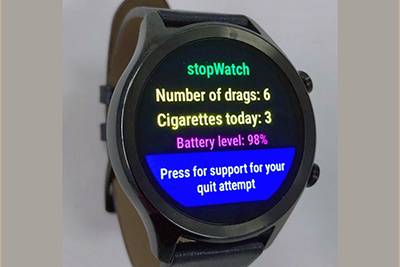News in January
- New research exposes low public understanding of how finances are split on divorce 31 January 2025 A national report has uncovered for the first time just how little people in England and Wales know about what the law says when it comes to dividing finances and property on divorce – including divorcees themselves.
- Statement on the forced swim test 30 January 2025 The University of Bristol has now stopped using the forced swim test because the research project which used it is due to conclude shortly. We are not expecting to undertake any future research which requires the use of the forced swim test.
- 2025 Alumni Award winners announced! 30 January 2025 An award-winning novelist, a Royal Academy of Engineering Fellow and a Bristol Bears player are among those celebrated in the 2025 Alumni Awards.
- Alcohol app saves lives, reduces harm and could save the NHS millions, new study shows 29 January 2025 The ‘Drink Less’ app can be a powerful tool in reducing alcohol consumption and improving public health, a new study has shown.
- New AI project will predict a patient’s hospital readmission risk to help ease pressure on NHS 29 January 2025 A new University of Bristol-led project aims to ease pressure on the NHS by developing an artificial intelligence (AI) model to predict and reduce a patient’s risk of readmission to hospital.
- A mite-y use of electricity 28 January 2025 Mites who hitchhike on the beaks of hummingbirds use a surprising method to help them on their journey - electricity.
- 20 University of Bristol academics named on Highly Cited Researchers 2024 list 27 January 2025 A total of 20 University of Bristol academics have been named on Clarivate’s Highly Cited Researchers 2024 list.
- NHS rolls out national genetic test to reduce risk of donor kidney failure 27 January 2025 Hundreds of potential kidney donors of Black African and Black Caribbean heritage can now get a simple blood test to help reduce the risk of kidney failure.
- 'Remarkable' Syrian blinded in war graduates with master's degree 24 January 2025 A Syrian man who lost his eyesight while fleeing his home country has graduated from the University of Bristol.
- Child mortality has risen since pandemic, new study shows 23 January 2025 While child deaths in England fell temporarily during the COVID-19 pandemic, they have now risen to new heights, a new study from researchers at the University of Bristol and based on unique National Child Mortality Database (NCMD) data has found.
- University appoints partners to oversee Reparative Futures Programme 23 January 2025 In November 2023, the University of Bristol announced funding for an ambitious programme which aims, through a series of targeted initiatives, to redress some of the systemic injustices arising from the transatlantic trafficking of enslaved African people.
- Grass surfaces drastically reduce drone noise making the way for soundless city skies 22 January 2025 Porous land such as foliage significantly lowers noise made by drones and air taxis which could reduce disturbances for urban communities as Urban Air Mobility (UAM) grows.
- Inspiring graduate was first in her family to go to school 22 January 2025 A woman who was the first person in her family to go to school has graduated with a master’s in human rights law from the University of Bristol.
- Top expert calls for more research to address growing health risks of climate change 21 January 2025 A globally-renowned climate scientist has highlighted the need to better recognise and understand the many different adverse health effects posed by worsening climate change for current and future generations.
- Signposting children to weight management services could happen when parents attend an adult programme 21 January 2025 Parents attending an adult weight management programme, who were worried about their child’s weight, would accept support and signposting to services for their child if it was offered, new research led by the University of Bristol has found. The study is published today [21 January] in BMJ Paediatrics Open.
- Bristol students rocket to record in space competition 20 January 2025 A team of University of Bristol students have designed, built, and tested a rocket engine to 6000 Newtons – roughly the same as the weight of a Smart car.
- Bristol researchers part of £50M research award to develop cutting-edge new therapies for heart disease 20 January 2025 Bristol’s heart scientists are involved in one of two new Medical Research Council Centres of Research Excellence (MRC CoRE) that aims to develop new advanced therapeutics for currently untreatable diseases. Both Centres will receive up to £50 million each over 14 years.
- Bristol researchers part of government project to understand impact of smartphones and social media on young people 17 January 2025 Bristol researchers are part of the first phase of a new research project that will lay the groundwork for future studies into the impact on children of smartphone and social media use.
- New online guide launched to support people affected by lichen sclerosus 17 January 2025 A new online guide has launched to support and empower people with vulval lichen sclerosus (LS) to learn about the condition, access the right treatment and live more comfortably. It is estimated that around 1 in 100 women in the UK have vulval LS. It can be diagnosed at any age, but it seems to happen most often after the menopause. Nobody knows exactly what causes LS.
- Pioneering research exposes huge loss of glaciers in one of the fastest-warming places on Earth 16 January 2025 A new study has revealed the alarming extent glaciers have shrunk over the past 40 years in a global warming hotspot for the first time – and the biggest retreat has occurred in recent years.
- Robots should be repurposed rather than recycled to combat rising scale of e-waste, scientists warn 16 January 2025 The robotics industry should be creating robots that could be reprogrammed and repurposed for other tasks once its life span is completed, University of Bristol and University of West England researchers have advised.
- Celtic ‘Girl Power’ in Iron Age Britain 16 January 2025 Women were at the centre of social networks in Iron Age British Celtic communities, research in this week’s Nature suggests. The analysis of 2,000-year-old DNA reveals evidence for matrilocal Celtic societies, in which married women stayed in their ancestral communities.
- Aerobic exercise: a powerful ally in the fight against Alzheimer’s 16 January 2025 Regular aerobic exercise could significantly reduce disease markers associated with Alzheimer’s, new research led by scientists at the University of Bristol (UK) and the Federal University of São Paulo (Brazil) has found. The findings provide new hope in the battle against this devastating disorder.
- Waking up is not stressful, study finds 15 January 2025 Waking up does not activate an increase in the release of the stress hormone cortisol. Cortisol does, however, increase in the hours prior to wakening as part of the body’s preparation for the next day, new research led by the University of Bristol has found. The study is published today [15 January] in the Proceedings of the Royal Society B.
- Dr John Moger Woolley, 1935-2024 13 January 2025 Dr John Moger Woolley, former Chair of University Council, passed away in December. We offer this tribute to a trusted colleague, friend and Bristol alumnus who led the University Council (now the Board of Trustees) for nine years.
- University of Bristol supercomputer will help UK become ‘technological superpower’ 13 January 2025 The UK’s fastest supercomputer Isambard-AI will play a major role in advancing the nation’s AI capabilities.
- Rising star Bristol astrophysicist wins astronomical accolade with special historic connection 13 January 2025 A prestigious national award created in honour of a pioneering female physicist at the University of Bristol has returned to her alma mater more than 75 years later and been won by talented astrophysicist Dr Hannah Wakeford.
- Honorary Industrial Professor Marvin Rees appointed to House of Lords 10 January 2025 University of Bristol Honorary Industrial Professor Marvin Rees has been selected to become a peer in the House of Lords in the New Year’s Honours List.
- The extreme teeth of sabre-toothed predators were ‘optimal’ for puncturing prey, new study reveals 9 January 2025 Sabre-toothed predators – best know from the infamous Smilodon – evolved multiple times across different mammal groups. A new study, published today in Current Biology reveals why: these teeth were ‘functionally optimal’ and highly effective at biting into prey.
- Smartwatch technology helps people quit smoking, new study finds 1 January 2025 Whether people decide to make New Year resolutions or not, they might want to lead a healthier lifestyle in 2025. According to a new University of Bristol-led study smartwatches could help people give up smoking. The researchers tested a smartwatch fitted with a custom app which used the smartwatch's in-built motion sensors to detect typical smoking movements. The results, published in JMIR Formative Research, showed the technology has the potential to help over two thirds of trial participants quit the habit.








 (1).jpg)



 (1).jpg)


